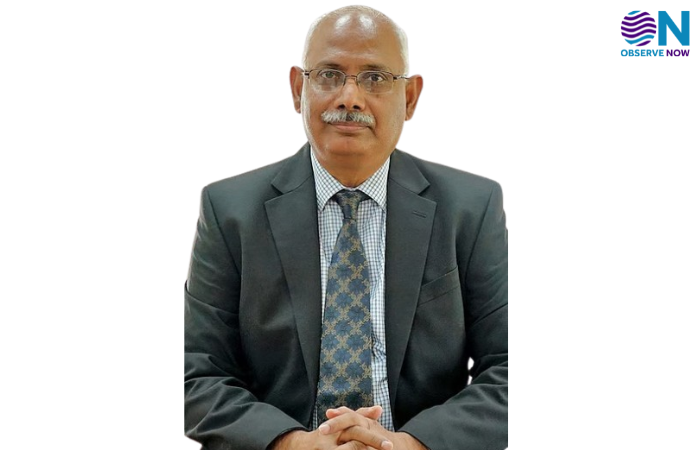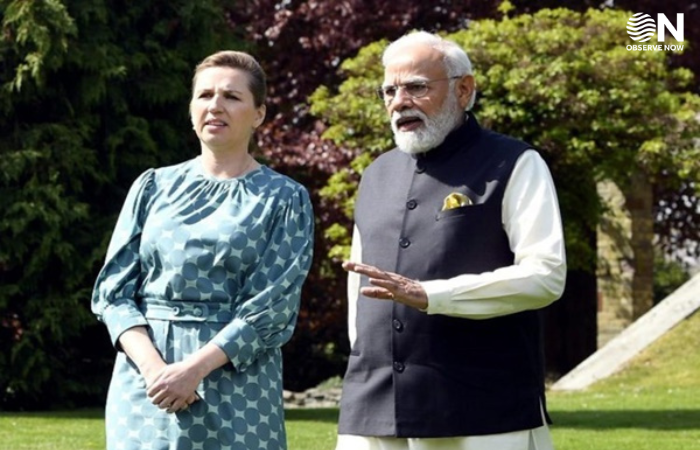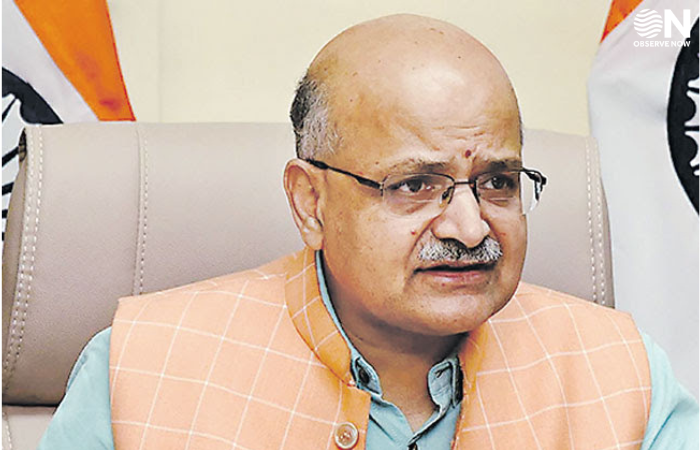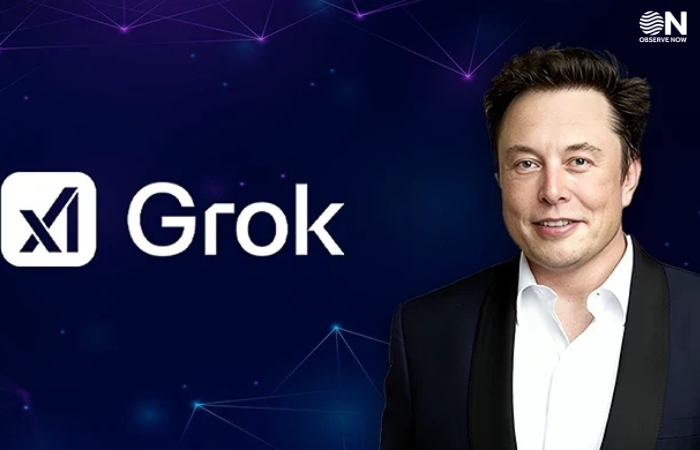Satya Srinivas Appointed India’s Executive Director at ADB
Satya Srinivas has been appointed as India’s Executive Director at the Asian Development Bank (ADB), a role in which he will also represent Bangladesh, Bhutan, Laos, Tajikistan, and Turkmenistan. He succeeds Vikas Sheel and will continue to serve on a contract basis following his scheduled retirement in February 2026.
In his new position, Srinivas will play a key role in shaping the ADB’s engagement with member countries, providing strategic guidance on development projects, financial assistance, and regional cooperation initiatives. His appointment underscores India’s continued focus on strengthening its influence within multilateral financial institutions.
Officials noted that Srinivas brings extensive experience in public finance, international banking, and policy advisory roles, equipping him to effectively represent India and the other countries under his mandate. He is expected to oversee the ADB’s lending, investment, and technical assistance programs, ensuring alignment with development priorities and sustainable growth objectives.
The Executive Director role at ADB involves close coordination with stakeholders across South and Central Asia, promoting economic development, regional connectivity, and infrastructure investment. Srinivas will also be responsible for advocating the interests of the countries he represents, supporting projects that foster inclusive growth and social progress.
Analysts highlight that such appointments are crucial for maintaining India’s strategic presence in global financial institutions, influencing policy decisions, and advancing collaborative initiatives on regional development, climate action, and economic resilience.
By assuming this role, Srinivas will continue India’s tradition of contributing to multilateral development efforts, ensuring that the country’s priorities and perspectives are well represented at the ADB. His tenure is expected to strengthen partnerships, facilitate cross-border projects, and enhance cooperation among member nations.
The appointment reflects India’s commitment to leveraging experienced professionals in key international positions, reinforcing its influence in global economic governance and development finance.



























